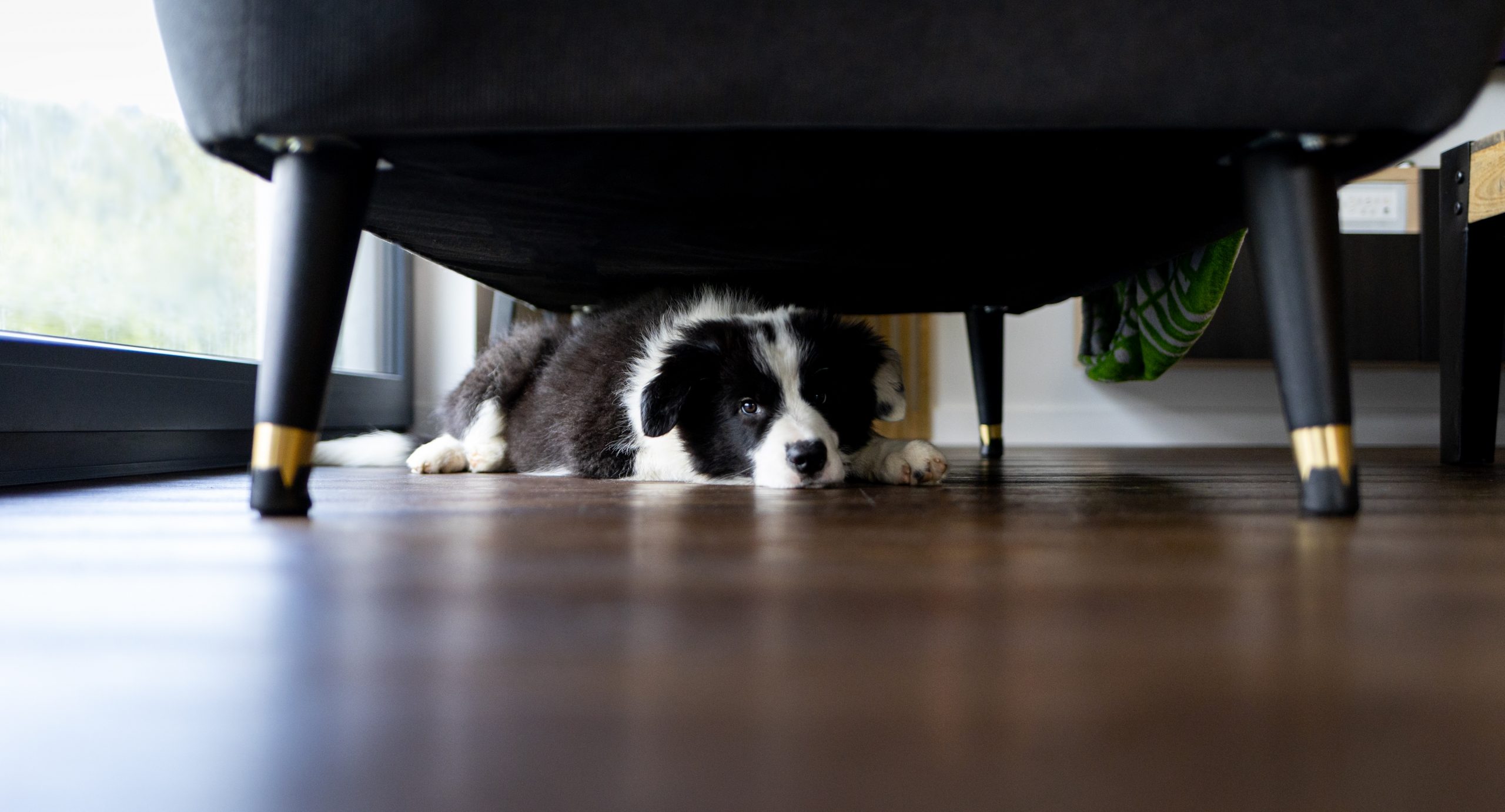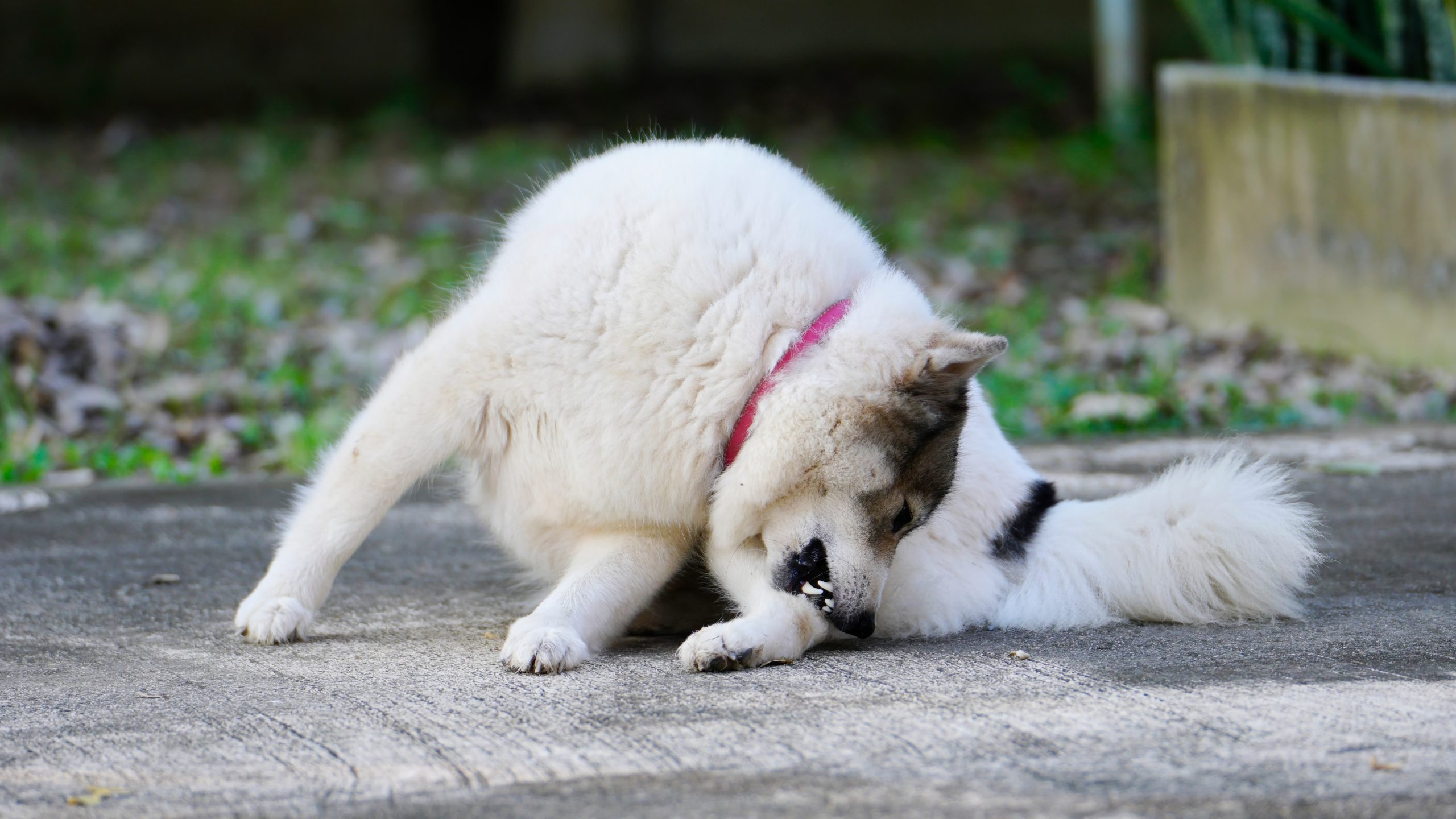 Shutterstock
Shutterstock
Dogs aren’t just pets—they’re family, and they thrive on love, attention, and connection. They can’t tell you in words when they feel neglected, but their actions speak volumes. Subtle behavioral changes may signal sadness, stress, or emotional distress. Recognizing these signs allows you to rebuild trust, strengthen your bond, and bring joy back into your life. Small gestures, like extra playtime and affection, make a big difference. Ensuring your furry friend feels happy, secure, and loved is the key to fulfilling companionship.
Loss of Interest in You
 Shutterstock
Shutterstock
If your once-affectionate dog suddenly stops seeking your attention, it’s a sign something is off. Dogs that feel neglected may become distant, avoiding cuddles, playtime, or even greeting you at the door. This emotional withdrawal often happens when they feel unimportant or overlooked in their home. The best way to fix this is by making time for regular bonding through belly rubs, gentle words, or simply sitting together.
Destructive Outbursts
 Shutterstock
Shutterstock
Chewed-up shoes, pillows, or scratched-up furniture aren’t just acts of mischief—they’re often cries for attention. Dogs who feel ignored may resort to destructive behavior to release their pent-up energy and frustration. They aren’t being “bad” on purpose; they’re trying to communicate that something is missing in their lives. Providing more exercise, mental stimulation, and quality time together can help curb these destructive habits.
Excessive Barking or Whining
 Shutterstock
Shutterstock
A dog constantly whining or barking without a clear reason may feel lonely or anxious. Vocalizing is their way of asking for reassurance, attention, or interaction from their human. If their barking or whining has become more frequent, it could be a sign they feel emotionally disconnected. Responding with patience and affection and engaging in activities can help ease their distress and comfort them.
Avoiding Eye Contact
 Shutterstock
Shutterstock
Dogs naturally use eye contact as a way to bond with their owners, so if yours suddenly avoids looking at you, it could signal emotional distress. A pup that once stared lovingly into your eyes but now turns away might feel neglected or unsure of its place in the family. This withdrawal can be heartbreaking, but it’s not irreversible. Gaining their trust through gentle engagement, soft-spoken words, and quality time can help restore your connection.
No Interest in Walks or Playtime
 Shutterstock
Shutterstock
If your dog used to get excited for walks or playtime but now seems uninterested, it could be a sign of emotional distress. Dogs associate these activities with fun and bonding, so a sudden lack of enthusiasm often makes them feel down. This loss of interest can be heartbreaking because it shows they’re emotionally checked out. Reintroducing their favorite games, going on new adventures, and rewarding positive engagement can help reignite their joy.
Hiding or Seeking Isolation
 Shutterstock
Shutterstock
Dogs are social creatures, so it’s a red flag when they start hiding under beds, retreating to corners, or avoiding family time. Occasional alone time is normal, but constant isolation suggests they feel stressed, anxious, or neglected. This behavior often means they seek comfort in solitude because they don’t feel emotionally supported. Making an effort to include them in daily activities and offering extra reassurance can help them feel safe and loved again.
Sudden Aggression or Mood Swings
 Shutterstock
Shutterstock
A normally sweet dog that suddenly growls, snaps, or acts out aggressively could be experiencing emotional distress. Dogs don’t become aggressive without reason—fear, anxiety, and neglect can all trigger defensive behavior. If your pup has started showing signs of frustration, it’s a sign they’re struggling emotionally. Increasing positive reinforcement, building a stable routine, and showing them more affection can help ease their stress.
Changes in Eating or Sleeping Patterns
 Shutterstock
Shutterstock
A dog’s appetite and sleep habits are closely tied to their emotional well-being. If your pup is eating significantly less or more than usual, or if they’re sleeping excessively or struggling to rest, it could be a sign of emotional neglect. Stress and sadness can disrupt their normal behaviors, making it crucial to address their emotional needs. Ensuring they feel loved, sticking to a routine, and offering comforting companionship can help restore their balance.
Compulsive Licking or Grooming
 Shutterstock
Shutterstock
Excessive licking or grooming, especially to the point of hair loss or irritation, is often a sign of stress or emotional discomfort. Dogs use licking as a self-soothing mechanism when they feel anxious, neglected, or insecure. While occasional licking is normal, obsessive behavior is a red flag that they need more emotional support. Offering more attention, reassurance, and affection can help reduce their anxiety and restore their confidence.
The Love They Deserve
 Shutterstock
Shutterstock
No dog should ever feel unloved or overlooked. If you’ve noticed these signs, don’t worry—small changes can make a huge difference in their happiness. Spending quality time, showing more affection, and prioritizing their emotional well-being will strengthen your bond and bring back their joy. Simple acts like extra playtime, gentle words, and physical touch reassure them of your love. Our dogs give us unconditional love—it’s only fair we do the same. A little effort goes a long way in making them feel genuinely cherished.





